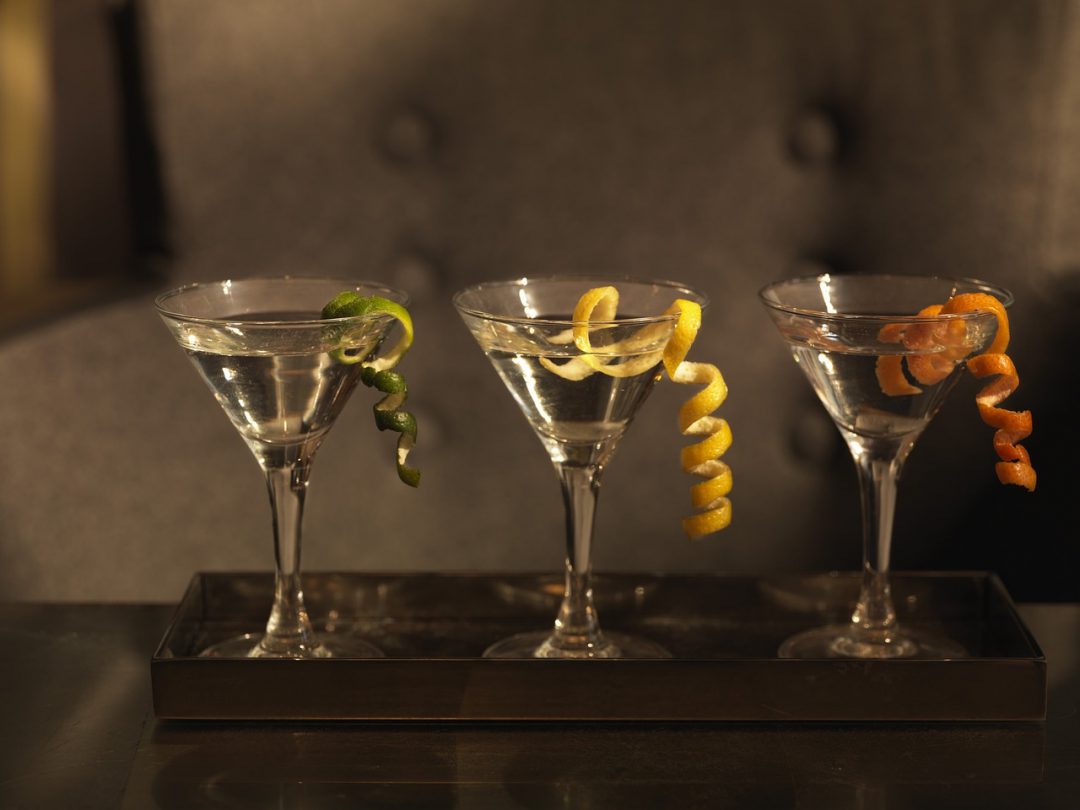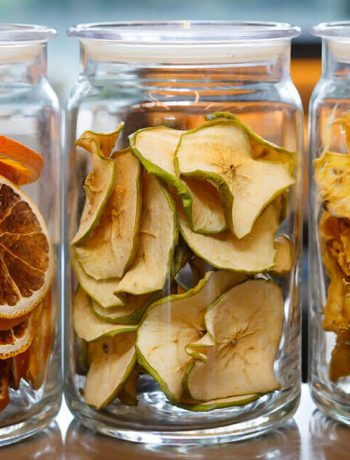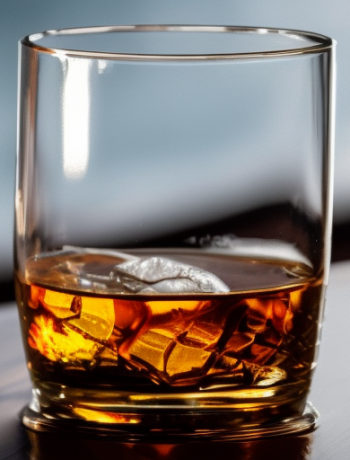The history of the martini, one of the most famous cocktails in the world, is a topic of much debate and speculation. The martini’s origin is not clear-cut, and its recipe has evolved over time. Here’s a brief overview of the history of the martini:
Origins:
The most popular theory is that the martini originated in San Francisco during the California Gold Rush in the mid-1800s. Miners who struck it rich would celebrate at the Occidental Hotel, where bartender Julio Richelieu allegedly created the drink. It’s believed that the name “martini” comes from the nearby town of Martinez, where Richelieu reportedly developed the drink.
Another theory suggests that the martini was created in New York City in the late 1800s, where the drink was made with gin and vermouth and garnished with an olive.
Early Variations:
The original martini recipe called for gin, vermouth, orange bitters, and a lemon twist. Over time, the recipe evolved, and the orange bitters were replaced with aromatic bitters. Some bartenders also began using vodka instead of gin.
In the 1950s and 60s, the martini became associated with the “three-martini lunch,” a symbol of corporate excess and power. This led to a trend of making the drink with less vermouth and more gin or vodka, resulting in the popular “dry martini.”
Modern Variations:
Today, there are countless variations of the martini. Some popular versions include the dirty martini, made with olive brine, and the cosmopolitan, made with vodka, triple sec, lime juice, and cranberry juice. Many bartenders also experiment with different types of gin, vermouth, and garnishes to create unique and creative martinis.
Despite its evolution over time, the martini remains one of the most iconic cocktails in the world, with a rich history and countless devotees.
Gin? Or Vodka?
The choice of whether to use gin or vodka in a martini is a matter of personal preference. Traditionally, a martini is made with gin, which has a strong and distinctive flavor derived from the botanicals used in its production. The juniper berry is the dominant botanical in gin and gives it its signature piney flavor.
However, some people prefer vodka martinis, which have a milder taste and a smoother finish. Vodka is a neutral spirit that doesn’t have the same strong flavor profile as gin, so it allows the vermouth and any added garnishes to shine through more prominently. Vodka martinis have gained popularity over the years, particularly in the United States, and some people believe that they are easier to drink and less harsh than gin martinis.
Ultimately, whether you choose to use gin or vodka in your martini is a matter of personal taste. Some people enjoy the distinctive flavor of gin, while others prefer the smoother taste of vodka. Additionally, the type of vermouth used and the garnishes can also greatly affect the overall flavor of the drink.
Three Famous Martinis From Film
There are several martinis that have been made famous by movies. Here are three popular examples:
The Vesper Martini – James Bond series: In the James Bond novel “Casino Royale,” Bond instructs a bartender to make him a cocktail consisting of gin, vodka, and Kina Lillet. In the 2006 film adaptation, Bond orders the same cocktail, which he names the Vesper. The recipe is as follows:
- 3 measures of Gordon’s gin
- 1 measure of vodka
- 1/2 measure of Kina Lillet
- Lemon peel for garnish
The Dirty Martini – The Thin Man: The Thin Man is a 1934 movie based on a detective novel by Dashiell Hammett. In the movie, the main character Nick Charles orders a martini with a “twist of lemon peel” and “a dash of bitters.” However, in later movies in the series, he orders a “dirty martini,” which is made with olive brine. The recipe is as follows:
- 2 1/2 oz. gin or vodka
- 1/2 oz. dry vermouth
- 1/2 oz. olive brine
- 1 or 2 olives for garnish
The Gibson Martini – North by Northwest: In the 1959 movie North by Northwest, the main character Roger Thornhill orders a Gibson martini, which is a variation of the classic martini that is garnished with a cocktail onion instead of an olive or lemon twist. The recipe is as follows:
- 2 1/2 oz. gin or vodka
- 1/2 oz. dry vermouth
- Cocktail onion for garnish
So whether you like your martini shaken, stirred, or backed with gin or vodka, this classic cocktail has something for everyone!





No Comments